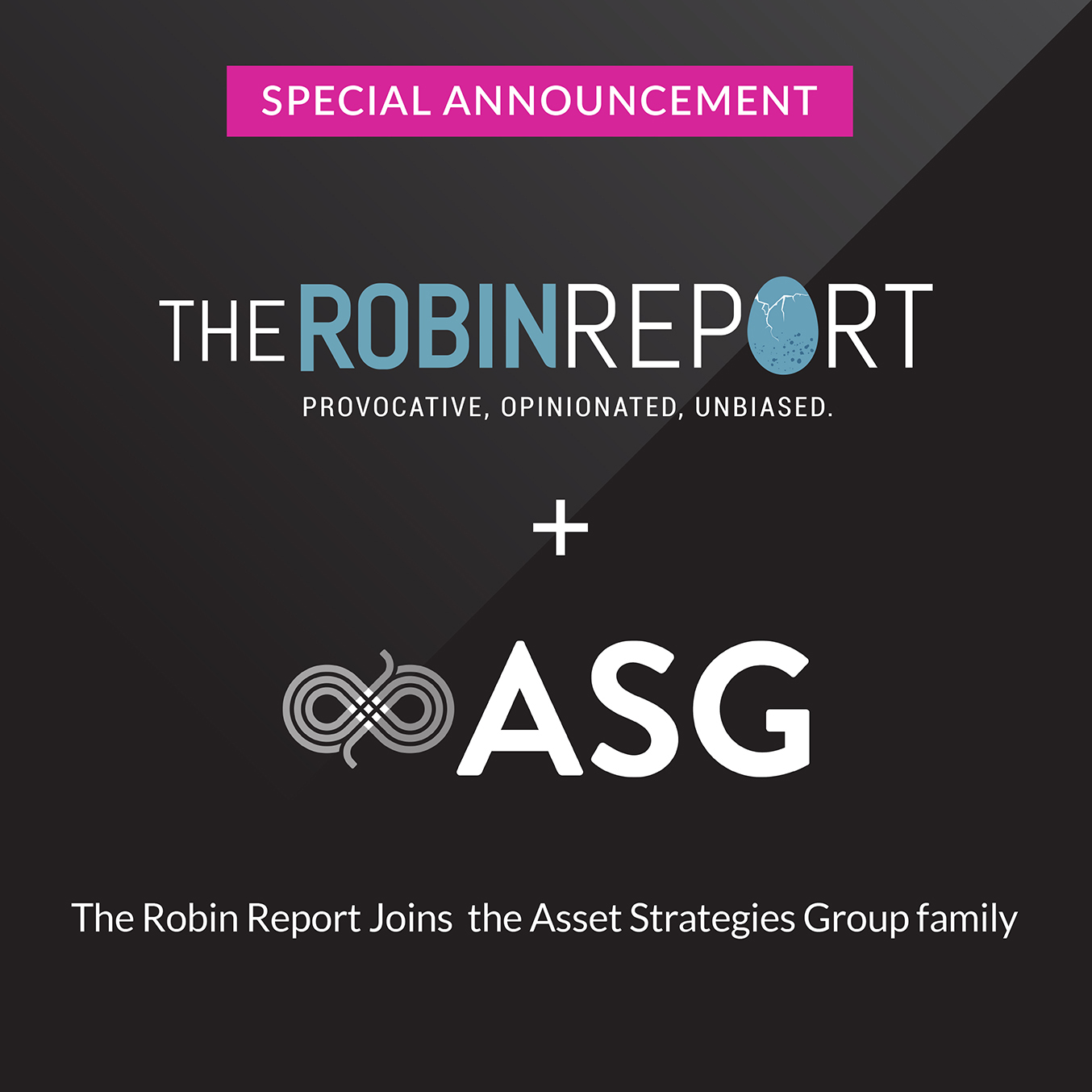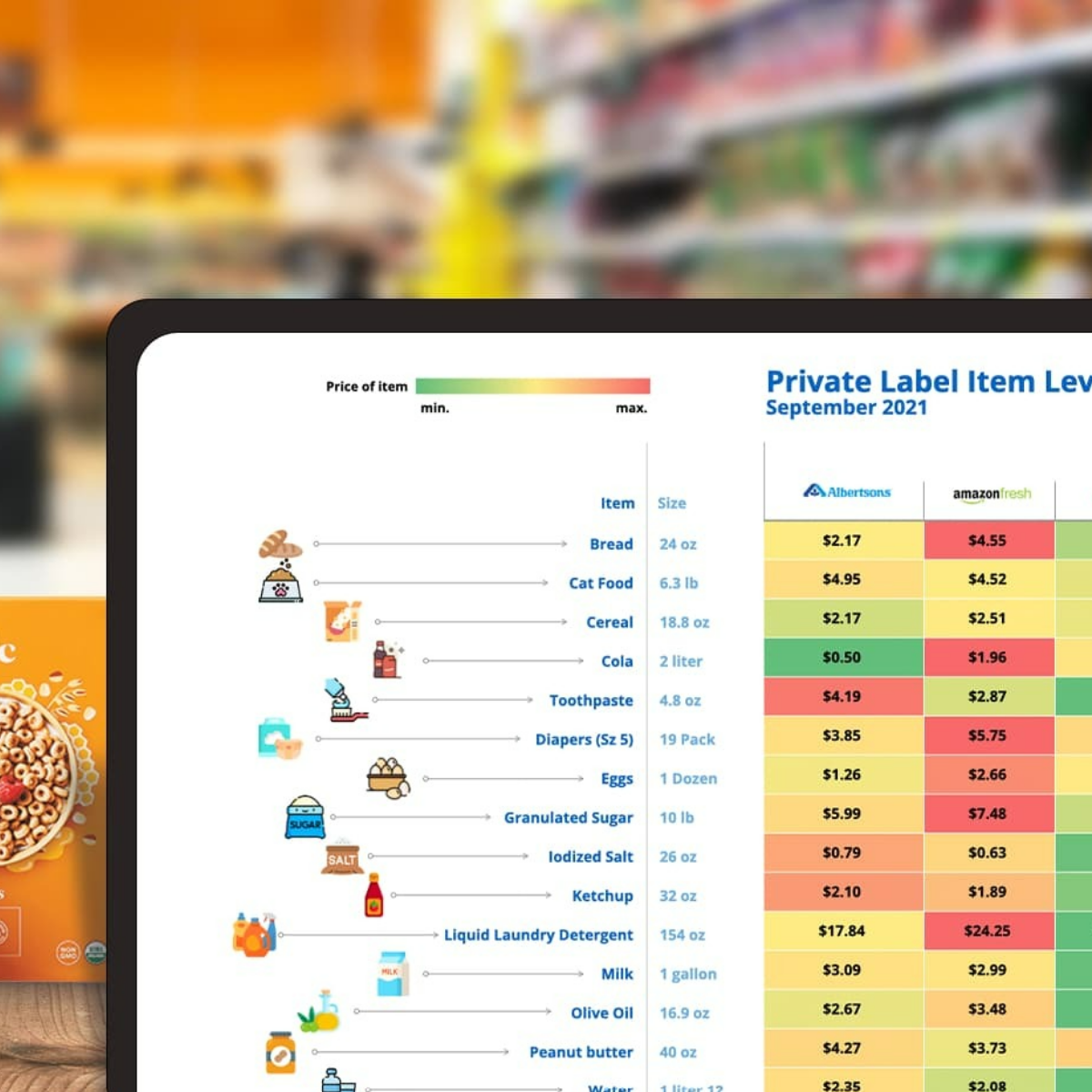Rob Sweeney answers questions about some big picture issues surrounding the retail industry, current valuations and the capital markets, and the industry’s attractiveness for activist investors. Rob explains why such investors, along with many private equity firms, are particularly drawn to the retail industry.
Q: Rob, it seems to have been another very busy year for Goldman Sachs in advising retailers. In addition to your recently announced role working with JC Penney, your firm has also advised Gymboree in the announced sale to Bain, and Burger King in the sale to 3G Capital. Do you think there is a lot of private equity capital sitting on the sidelines?
A: Robin, I do think there is significant private equity capital to be invested. That’s not a particularly controversial or insightful comment—a number of third party sources have published estimates on the aggregate dollars committed but not yet invested. Those numbers vary somewhere between $300 and $500 billion globally. When those figures are levered 4 or 5 or 6 times, the implied purchasing power is immense.
Q: Do you believe the time is ripe for private equity investors to focus on retail? Why?A: I believe there are a number of market factors, and a number of company specific factors, that favor increased activity. Of the market factors, the most notable is the financing environment. The cost of debt capital looks low relative to the cost of equity capital—so sell the debt and buy the equity. As you’ve probably read, across the entire ratings spectrum, companies are financing at historically low rates, tight spreads, and favorable structural terms (covenant “lite” loans for example). Our perspective is that the thirst for yield has lowered risk premiums being assigned to lower quality credits, to the advantage of issuers. With a debt market that is willing to lever retailers through 6 times EBITDA in some cases, public equity valuations look attractive relative to the private market. As to the sector-specific factors, many retailers have accumulated significant cash as square footage growth has slowed and margins have expanded. A number of retailers today have cash on hand that approaches an estimated 25% of market capitalization. Imagine the drag on earnings of carrying that much cash that’s generating zero or near-zero interest income. The pressure to return that cash to shareholders is likely to grow.
Q: So, do you believe we’ll see an acceleration of private equity activity in the retail sector? And, in your opinion, can you cite some potential targets, and if not, some sectors? And, if so, why?
A: I believe we will see continued interest in the sector, from both traditional private equity and public equity “activist” investors. Not all interest will result in publicly announced transactions, obviously. In fact, I believe some of the activity may be more likely to spur “self help” actions such as increased repurchase or dividend payouts. I can’t comment on specific companies or sectors, but in general terms I think the focus will be on companies who fit one more of the following: 1) display lower operating volatility, providing an ability to assign high leverage, 2) have displayed an inability to close a performance gap with a key competitor, resulting in lower profitability which could be corrected with improved management, 3) possess an asset that is under-appreciated by the public markets (e.g. international expansion or new concept or new channel), 4) display “actionability” (e.g. disgruntled shareholder base, or frustrated management team.)
Q: Obviously, the investors’ ultimate goal is to make more money. However, can you describe the different strategies employed to accomplish those goals, both short and long term?
A: There seem to be as many strategies as there are buyer for many of these situations, but some do seem to recur as themes. The first I would describe as basic retail blocking and tackling—i.e. simply executing better with the same assets. Often that involves changing management or changing cultures, as I would argue KKR and Rick Dreiling have successfully done at Dollar General. Second would be capital structure optimization or adjusting the ratio of debt to equity in a way that lowers the overall cost of capital without adding outsized risk to the equity. Private equity buyers have the advantage of investing across a variety of companies, further diversifying the equity risk. Third would be identifying undervalued assets within a company and realizing the value arbitrage by separating the businesses. There has periodically been significant focus on real estate as an asset to be monetized, or on credit card businesses, or on whole companies within companies, which was the rationale when we took Tim Horton’s public out of Wendy’s. Of the three themes, I would categorize the first as long-term and the second two as shorter term.
The “activist” approach of advocating for the strategies above as a public shareholder is a relatively recent phenomenon. As public investors have gotten more aggressive and vocal in advocating for change, have had some success, andhave had the support of some outside governance experts, managements have been forced to respond.
Q: Why do these retailers need to retain investment banks like Goldman Sachs to help them if in fact the investor’s intention is simply to improve the business?
A: I would never be so presumptuous to suggest a company had to hire an investment bank. What we have found is that our clients are experts in running retail businesses, but are not experts in responding to approaches from either friendly or unfriendly buyers or shareholders who are advocating a particular position. Responding to and evaluating the veracity and financial impact of specific proposals typically requires investment banking expertise. As you can imagine, the distraction and cost of mishandling such an approach can be significant, so the rationale to a board of directors for bringing in outside experts is compelling in many cases. In this business, experience matters.



